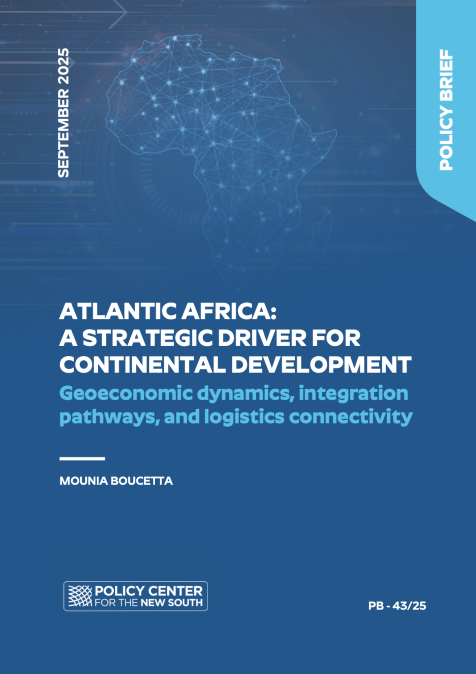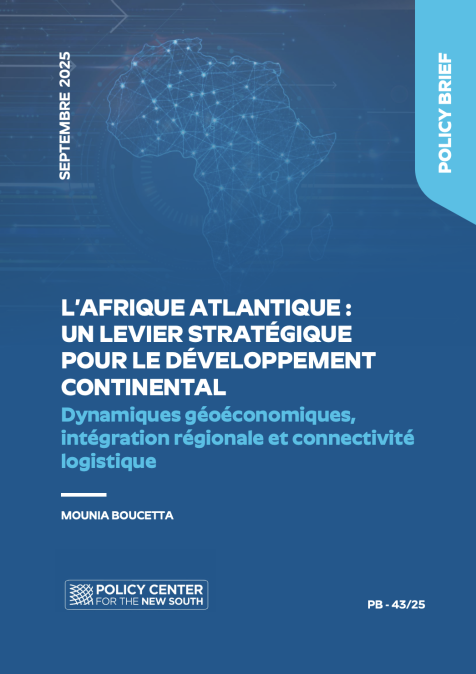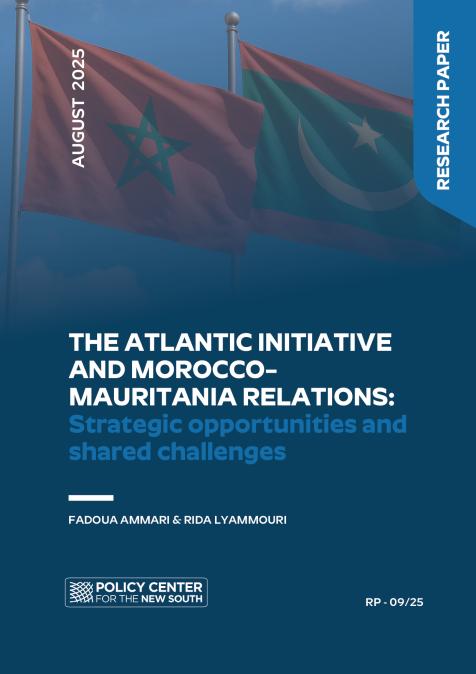Publications /
Policy Paper
This policy paper examines India’s growing engagement in North Africa, focusing on five countries: Morocco, Algeria, Tunisia, Libya, and Egypt. Despite lacking a distinct regional policy for North Africa, India has amplified its bilateral engagement with these countries, underpinned by a steadfast commitment to the principle of South-South cooperation. Through its strategic moves in North Africa, India has established a powerful southern-west axis for its foreign policy that stretches from Iran to Morocco, enabling it to effectively cover the entire southern Mediterranean region. This paper traces the trajectory of India’s relations with North Africa, from an ideological approach to a more pragmatic approach focused on economic and security cooperation. It also highlights India’s economic engagement in the region, which has enabled it to emerge as one of the top trading partners for Morocco, Egypt, and Algeria. Based on this analysis, the paper concludes with recommendations to deepen India’s engagement in North Africa, and to enhance its regional presence.












